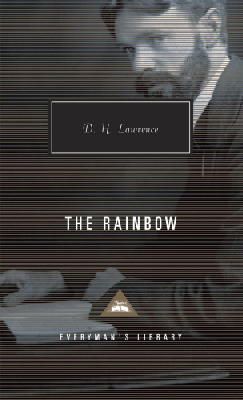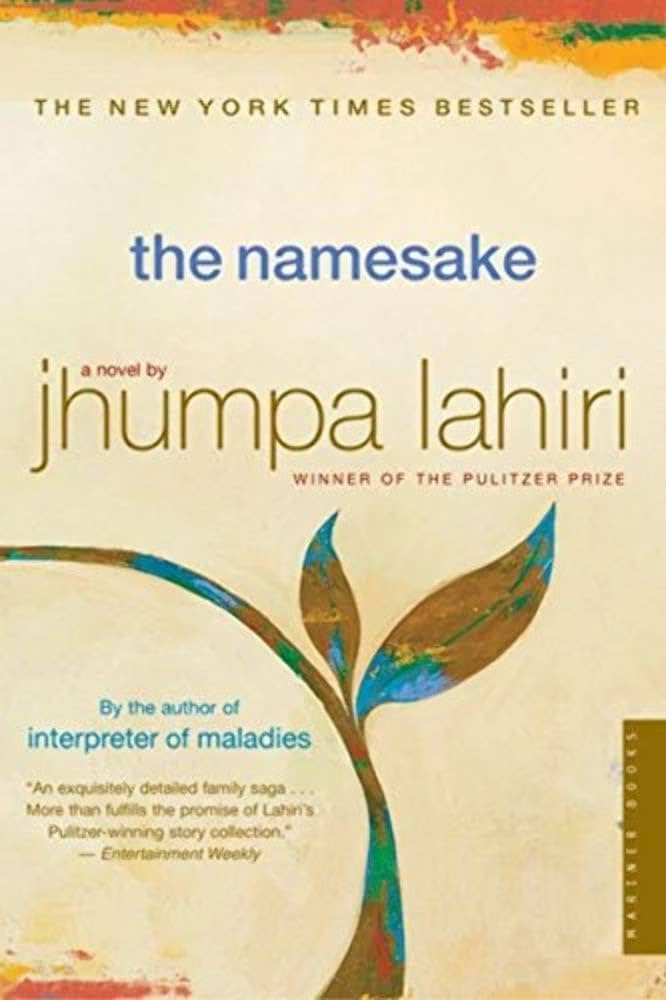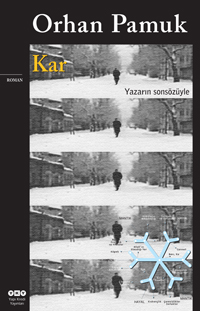Five Literary Fiction Gems on Exile

Writing about exile never gets old. Belonging, identity, and life in exile have been on the human mind since the beginning of time. Since humans began recording and writing, they have written about exile and displacement. Perhaps one of the earliest texts about exile is the Epic of Gilgamesh, which has survived from ancient Mesopotamian civilization. In this epic, Enkidu is expelled from nature and forced to live among humans. Enkidu is out of place. The story of Adam and Eve’s expulsion from Eden, one of the oldest texts about exile, was penned beautifully by John Milton in the seventeenth century in an epic poem called “Paradise Lost.“
In classical literature, we find illustrious texts centered on the theme of exile. Homer’s “Odyssey” narrates Homer’s journey and longing for homecoming. Ovid, the Roman poet, was exiled to Tomis, modern-day Romania, by Emperor Augustus, and in his works “Tristia” (Sorrows) and “Epistulae ex Ponto” (Letters from the Black Sea), he speaks of this exile. Dante‘s “Divine Comedy” was also written during his exile from Florence, and while exile is not its central theme, traces of longing for return, arrival, and liberation are evident within it.
“Be merciful, say ‘death’; For exile hath more terror in his look, much more than death. There is no world without Verona walls, but purgatory, torture, hell itself.” These were the words of Romeo when he found out he would be isolated from seeing his lover whom he just married.
Exile is not always confined to physical displacement. In “A Portrait of the Artist as a Young Man” we witness a form of cultural and intellectual exile experienced by its protagonist, Stephen Dedalus. James Joyce spent much of his life in self-imposed exile from Ireland, a theme that permeates all his works, including “Ulysses.” In Dostoevsky’s “Crime and Punishment,” Raskolnikov, after committing murder, isolates himself from society, experiencing a kind of psychological exile.
While numerous literary examples explore this theme, contemporary literature often portrays themes of displacement and alienation more tangibly. There are many outstanding works in the literature of exile. These books beautifully weave the theme of exile and migration into their narratives, offering a deeply satisfying reading experience:
“Rainbow” by D.H. Lawrence

D.H. Lawrence was living in a self-imposed exile, for most of his life. He is primarily known for his controversial novels that led to trials and censorship. I envy anyone whose first language is English whenever I read Lawrence. A few writers have delved as deeply into the human psyche. Lawrence’s works frequently explore complex human relationships and the nature of sexuality. He often writes about the conflicts between personal desires and societal norms. He is a profound psychoanalyst and, above all, a poet. The beauty of Lawrence’s prose is exemplary. His novel “Rainbow,” while not directly about exile, features a character named “Lydia Lensky” who is compelled to relocate from Poland to England. Lydia, formerly married to a physician, faces political upheaval in Poland. After losing her husband and arriving in rural England, she marries a farmer. This is a significant change for her. From shifts in social and intellectual status to minor adjustments in diet and climate, Lawrence intricately details these aspects, shaping Lydia into an unforgettable character in our minds.
“Brooklyn” by Colm Tóibín

Colm Tóibín, an Irish writer, tells the story of a girl who immigrates from Ireland to America in his novel “Brooklyn”. There, she encounters the hardships of migration and forges a new identity for herself. An identity that she cannot escape from when she returns to Ireland. The impact of leaving, separation, and distance from family and one’s own country—what effects do these have on the spirit and psyche of individuals? What is identity or belonging, and are we the same person upon our return? Is the place we return to the same as we remember it in our minds? How significant is social class in life? The loss of loved ones who are no longer in the city that was once ours. What does self-imposed exile mean? These are all themes that Colm Tóibín beautifully explores in this novel.
My Friends by Hisham Matar

Rather than being a political novel, “My Friends” is a book about exile and its impact on people. It explores how individuals with their unique temperaments navigate their lives, cope with it, or perhaps feel a perpetual sense of detachment with a wish to return, until the end. “My Friends” tells the story of three Libyan friends who can no longer return to their previous lives after the Libyan Embassy incident in London. Khaled, the main character of the novel, remains in London, striving to rebuild his life. Mustafa, however, returns to Libya and becomes an active member of the anti-dictatorship group. Hossam, the writer who could never write in exile, envisions his future immigrating to America after Gaddafi’s fall. Matar, who himself has spent most of his life in exile, narrates these events with meticulous psychoanalytic insight and poetic prose. Marcel Proust is Matar’s favorite author, and you can see traces of this admiration in his novels.
“Namesake” by Jhumpa Lahiri

Jhumpa Lahiri’s first novel, “The Namesake,” was published in 2003. This novel addresses identity, cultural differences, and the immigrant experience, narrating the story of Gogol Ganguli, the child of Indian immigrants in America. Jhumpa Lahiri writes in English and is known for her concerns with language, identity, and belonging. Recently, she has begun writing in Italian, and in her latest novel, “Whereabouts,” she narrates the life of someone who has never left their homeland but still feels disoriented and detached.
One of the main themes of “Namesake” is the exploration of the immigrant experience and the struggle to preserve cultural identity in a new country. Jhumpa Lahiri, through her graceful prose, discusses love, marriage, and family life and how these themes can undergo fundamental changes in a new place. Lahiri’s characters are very real and nuanced, providing readers with a detailed picture of the experiences and challenges of second-generation immigrants, and writing them with seemingly unspeakable details. Most of Lahiri’s works speak to the immigrant experience and the endeavor to preserve identity.
“Snow” by Orhan Pamuk

Orhan Pamuk is a Turkish writer known for his elegant prose and deep love for his homeland. His works often delve into personal and national identity, cultural contrasts between East and West, and the history of Turkey. He is renowned for his complex, multi-layered storytelling style, his use of symbols, and his references to historical and cultural contexts. Pamuk has been influenced by Western writers such as Flaubert, Dostoevsky, and Joyce, and these influences are evident in his writing style.
In the novel “Snow,” a poet named “Ka” returns to Turkey after years of exile in Germany. He travels to the small, snow-covered town of Kars in eastern Turkey to investigate a wave of suicides by young veiled women and to pursue an old love. He grapples with identity issues and emotional turmoil stemming from years in exile and his return to his homeland, striving to find his place in a society drowned in turmoil.
“Snow” received widespread acclaim upon its publication, garnering positive reviews. Critics praised Pamuk’s ability to portray Turkey’s social and cultural contradictions and admired his skill in creating a vivid and tangible atmosphere. The novel also sparked controversy due to its exploration of sensitive religious and political issues, drawing significant attention to itself.

